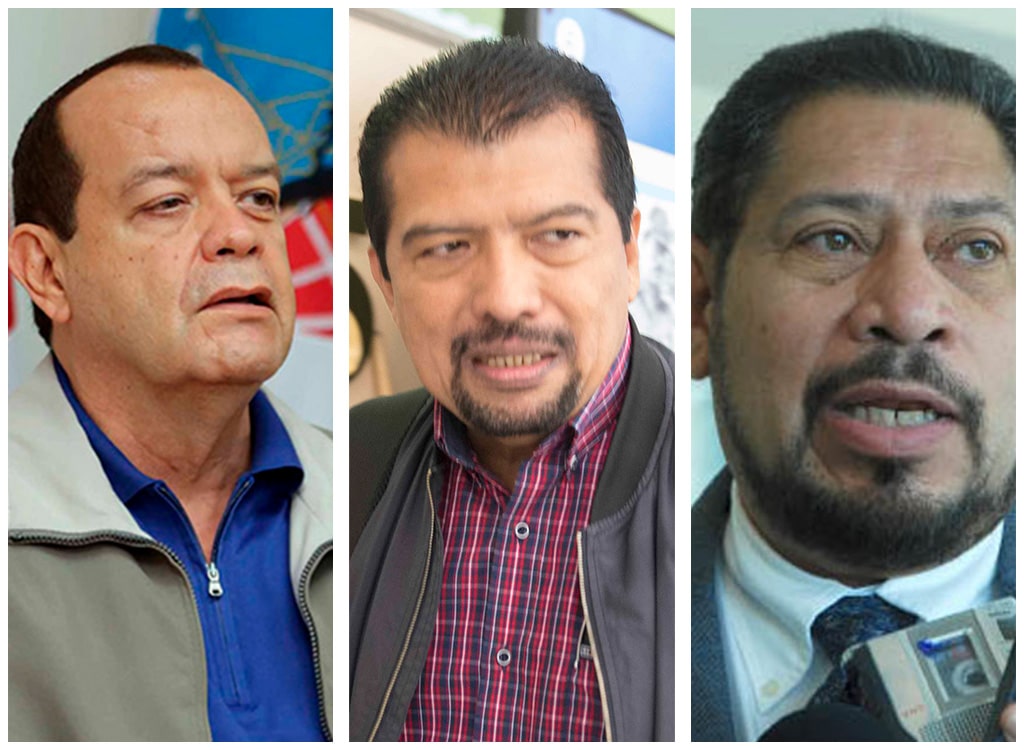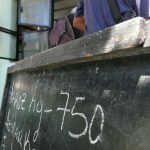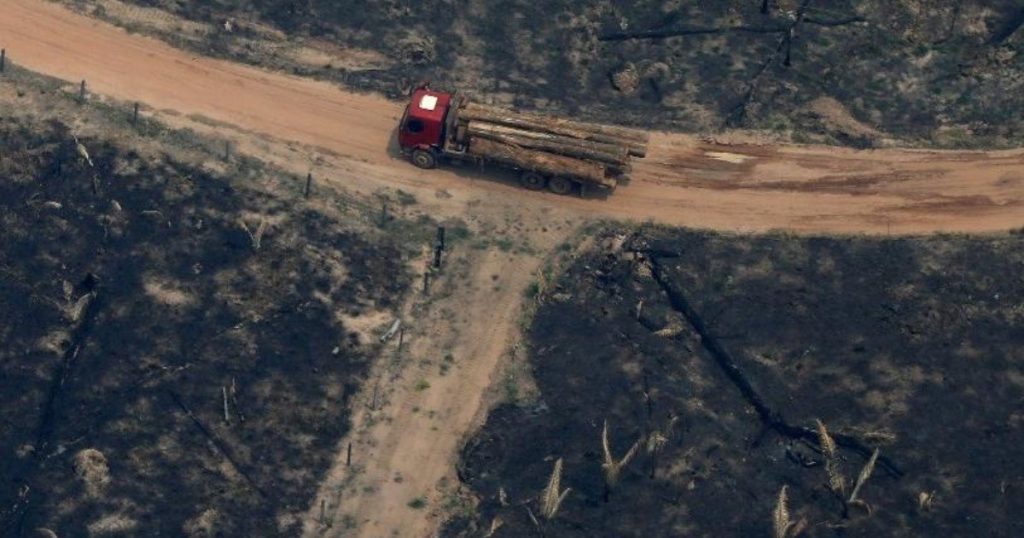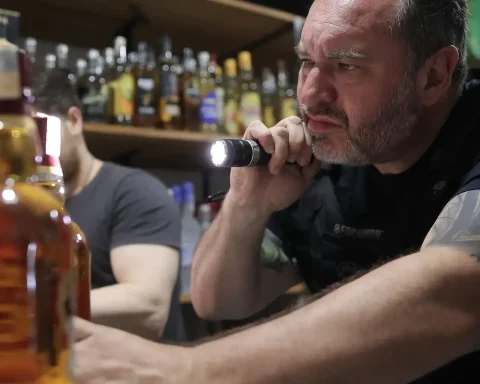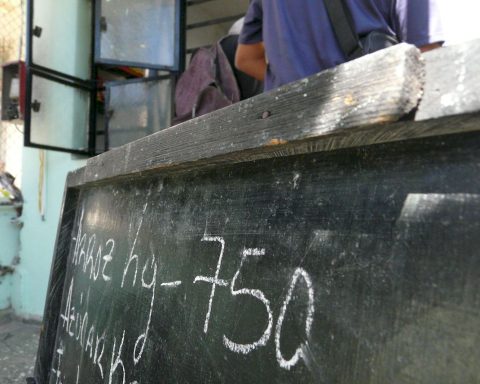The recent sanctions of the United States Department of the Treasury against the staff of the officials of the Daniel Ortega regime in the Nicaraguan electricity sector would remove the possibility of new investments in the country and would complicate the stability of the sector, which already drags various flaws and deficiencies, warn analysts consulted by CONFIDENTIAL.
This November 15, The United States sanctioned nine Ortega officials and one entity, among them the Minister of Energy and Mines, Salvador Mansell; the director of the National Energy Institute (INE), José Castañeda, and the manager of the Load Dispatch of the National Electricity Transmission Company and of the electricity distributor, Rodolfo López.
“The electricity sector is one of the most relevant in the economy of a country and one that requires a lot of investment. This investment is the result of analysis regarding the country risk, the investment time to recover the invested capital and a series of considerations, which depend on how many investments are made, ”explained an analyst who asked to omit his identity for fear of reprisals of the regime, which threatens, harasses, persecutes and imprisons those who do not agree with Ortega.
Precisely because of its potential, the Ortega regime “sank its teeth” in the electricity sector in Nicaragua, with the creation of Alba Generación, a company that emerged from the millionaire oil agreement between Nicaragua and Venezuela, which is controlled by Ortega officials.
The electricity generation and distribution business in Nicaragua has left hundreds of millions of dollars to the Daniel Ortega regime, through the thermal plants of Alba Generación, the branch of the broad conglomerate Alba de Nicaragua SA (Albanisa), with which it controls around 50% of the energy generation market, revealed an investigation by CONFIDENTIAL, published in November 2019.
“The sanctions remove investment possibilities and with the increase in country risk, it will make a potential investor quite alert and surly, and this can translate into a probable downturn in investment and complicate the stability of the electricity system”, warns the analyst.
One of the programs in which the regime is committed to attracting new investments is the National Program for Sustainable Electrification and Renewable Energies (PNSER), financed with resources from multilateral organizations.
“With this round of sanctions, it is difficult to access international credits. Let’s not forget that the United States said that it is going to put pressure on the multilateral organizations with its vote. Many of the investments in electricity come from funds from multilateral organizations, mixed with funds from private investors ”, explained the analyst.
“These sanctions are a red light to the international electricity sector that invests in fields such as wind, biomass, geothermal or gas plants, to increase supply as demand increases,” he added.
The analyst maintains that “a country that is targeted for being presided over by a regime accused of being a human rights violator is not suitable for a good investment climate. This creates a noise and obviously investors are informed of this and there it is time to make investment decisions, which may be to postpone them or go to another country ”.
Supply contracts would also be affected
Another point that is complicated by this new round of sanctions is the one referred to contracts for the supply of hydrocarbons for the operations of power generators, most of which are controlled by Ortega through Alba Generación.
Precisely this hodgepodge between private businesses and Ortega Through the control exercised through the State entities presided over by the sanctioned officials, they could affect the operations of the generators since they would be forced to look for new suppliers.
Alba Generación covers three thermal plants: the Hugo Chávez, the Che Guevara (nine at present) and the MAN Plant. In addition, it has the Alba Vientos wind farm. Thermal plants are the ones that generate the most profits, because they receive payments for their installed power (which is a fixed payment) and for their generation.
Research CONFIDENTIAL, in 2019, he explained how the regime became a judge and party in each stage of the supply process (generation, transmission, distribution and regulatory entity), which allowed the Government to prescribe generous contracts in which the best prices are paid for installed potency.
Thus, in the last decade, only for the payment of power of the Che Guevara plants, Albanisa, the binational company supervised by the Ortega-Murillo family, pocketed more than 345 million dollars.
Will there be changes in the electricity sector portfolios?
Until this November 18, the regime has not yet announced any change in the organization chart of power in the electricity sector as a result of the United States sanctions, as it did, this November 17, when announcing the appointment of a new Vice Minister of Finance.
As a result of the same sanctions on Monday, which included the Vice Minister of Finance, José Adrián Chavarría, the regime appointed 76-year-old Bruno Mauricio Gallardo Palaviccine as the new vice-minister of that portfolio, since Chavarría will no longer be able to continue signing all the documents of the country’s public finances, which he assumed after the previous sanctions to the Minister of Finance, Iván Acosta.
